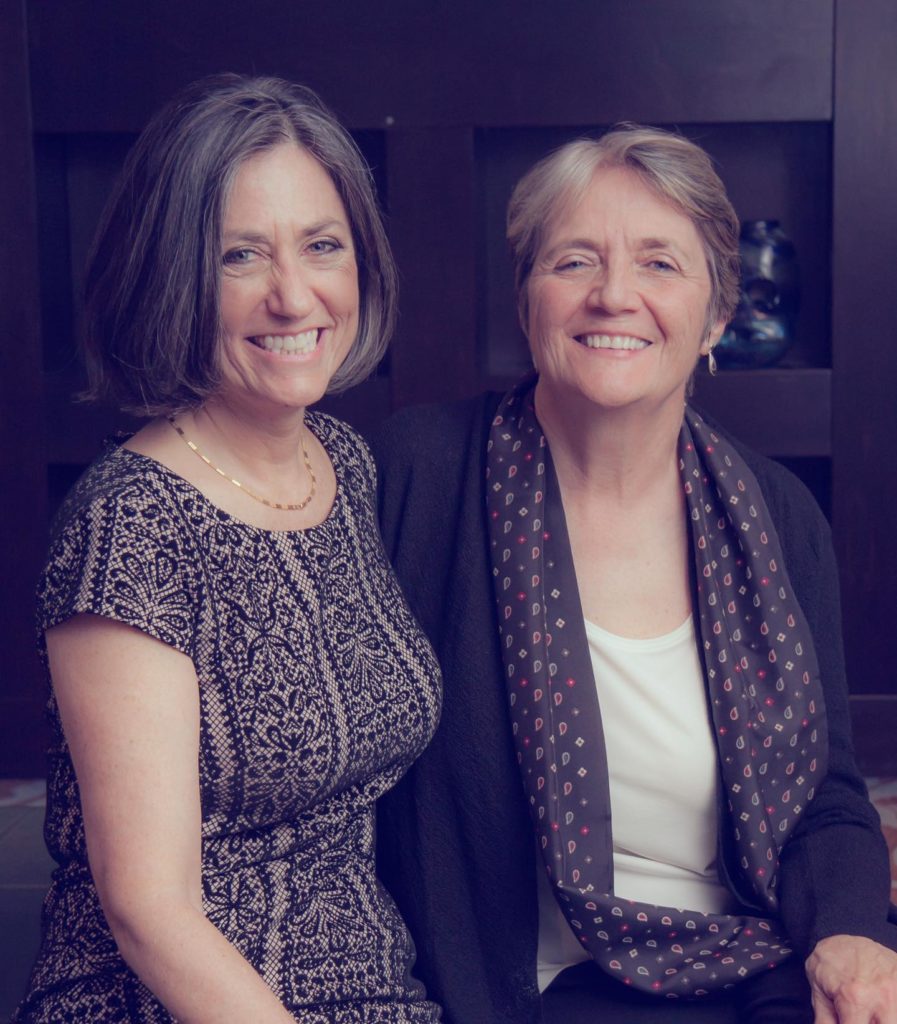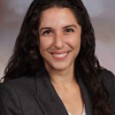Celebrating two decades of saving lives, training lawyers, and changing laws
Obie Anthony III was supposed to die in prison, for a crime he did not commit.
What saved him and 32 other wrongly-convicted California inmates—incarcerated for a combined 480 years by the time they were freed—is the Northern California Innocence Project.
For two decades, the non-profit that opened its doors at Santa Clara University School of Law in the fall of 2001 has been exonerating the innocent, educating future attorneys, and reforming criminal justice policy.
“When they took my case, it was like a Hail Mary in football,” recalls Anthony, whose 1995 conviction and life sentence for murder and attempted burglary were overturned in 2011 after the NCIP team proved false testimony by an informant, ineffective assistance of counsel, and prosecutorial misconduct. For three years, he says, his NCIP case went back and forth, “until ultimately we got a touchdown, and they brought me home.”
On Thursday, Dec. 9, Anthony and a group of fellow exonerees told their stories and echoed their thanks at the 20th Anniversary Celebration of NCIP, which was live streamed from SCU’s Recital Hall, and followed by a reception at NCIP’s offices at Charney Hall.
The Project’s founding attorneys Kathleen “Cookie” Ridolfi and Linda Starr, along with their dedicated staff and many supporters, could not be prouder.
The two women, life partners and parents of two grown children, are still amazed by their journey.
What began as a lone outpost at Santa Clara Law where they scraped by for several years—even using their personal credit cards to pay for clients’ investigations and travel expenses for witnesses to attend court hearings—is today a 10-person office, almost entirely funded through grants and donations, supplemented by an array of keen, pro bono legal minds from illustrious Bay Area law firms.
“When we started, we were nobody,” recalls Starr. “We would go into court somewhere in the state and we’d say, ‘We’re from the Northern California Innocence Project,’ and they’d be like, ‘Who are you?’”

NCIP co-founders Linda Starr, left, and Kathleen Ridolfi.
Although unknown in California courtrooms, Ridolfi and Starr had practiced criminal law for years in New York City as trial and appellate lawyers. While Ridolfi had already started teaching law in New York, they decided to move to the Bay Area, where she joined the Santa Clara Law faculty, while Starr was hired on staff at the Sixth District Appellate Program. Their combined experience would embolden both their mission and confidence as they took on the cases that would become NCIP’s earliest exonerations.
Based on their years of experience, the duo knew the potential of DNA evidence to reverse wrongful convictions and lead to necessary law reform. “DNA opened a window into the justice system, exposed its flaws and made meaningful law reform finally possible,” says Ridolfi. “Before DNA, the American public had no real sense of the unfairness in our justice system.”
With volunteer staff and SCU law students, Ridolfi and Starr launched the Northern California Innocence Project. They made use of a recently enacted California DNA statute that authorized inmates to seek DNA testing, and pursued the cases of the many not lucky enough to have biological evidence available in their cases. While false confessions, mistaken eyewitness identifications, police and prosecutor misconduct are leading factors in wrongful convictions, in most cases there is no biological evidence available to test. And without DNA, the burden of proving innocence is much greater.
In fact, most of NCIP’s cases are not DNA-based; only a half dozen or so of the 33 exonerees’ cases have been linked to DNA.
Cognitive bias, a subconscious error to discount evidence that contradicts a theory, is another recurring issue in many cases.
“It’s sort of human nature to do that,” Starr explains, “but there are no checks or balances put in place to call that into question. And then once the prosecutor gets the case from the police, they assume the same posture.”
Ridolfi calls it “a culture of conviction,” and in 2010 she co-authored a 128-page NCIP study on prosecutorial misconduct in California between 1997 to 2009, which included recommendations for attorney, court and state bar-related reforms. While some of the guidelines have been adopted, she says, many have not.
Yet NCIP—which receives more than 1,500 letters each year from inmates and family members about new or existing cases—has made huge strides in helping to change California law for the prisoners and exonerees with whom they work.
As a member of the California Innocence Coalition that also includes the California Innocence Project and Loyola Project for the Innocent at Loyola Marymount University, their combined reform efforts have led to at least a dozen new state laws. They include requiring electronic recording of interrogation of all murder suspects, improving access to physical and biological evidence and to DNA testing, and ensuring wrongfully convicted people are rightfully compensated by the state.
A bill that would prevent law enforcement from using jailhouse informants in felony cases—as happened to Obie Anthony—and limit its use in misdemeanor cases, was introduced earlier this year.
Looking back, Ridolfi and Starr credit NCIP’s success to the Project’s tireless and creative staff, the assistance of pro bono attorneys, and the vital funding that keeps the Project’s doors open.
“It’s really an all-hands effort,” says Starr, who with Ridolfi understood that from Day One, NCIP recognized its work had to be “exceptional, substantiated every which way, and persuasively argued and edited, or it wouldn’t even be considered.”
Putting that kind of effort into their work she says not only helped them win exonerations, “but it also helped develop our reputation.”
While the pandemic has limited NCIP’s ability to visit clients, and to go out into the field to do investigations, the legal work continues in person, whenever possible, as well as through Zoom, phone calls, and emails. A handful of exonerations even took place during the last two years.
“Our staff is incredible,” says Starr. “Everybody just pivoted because they recognized that we’ve got to do it differently. We can’t stop.”


